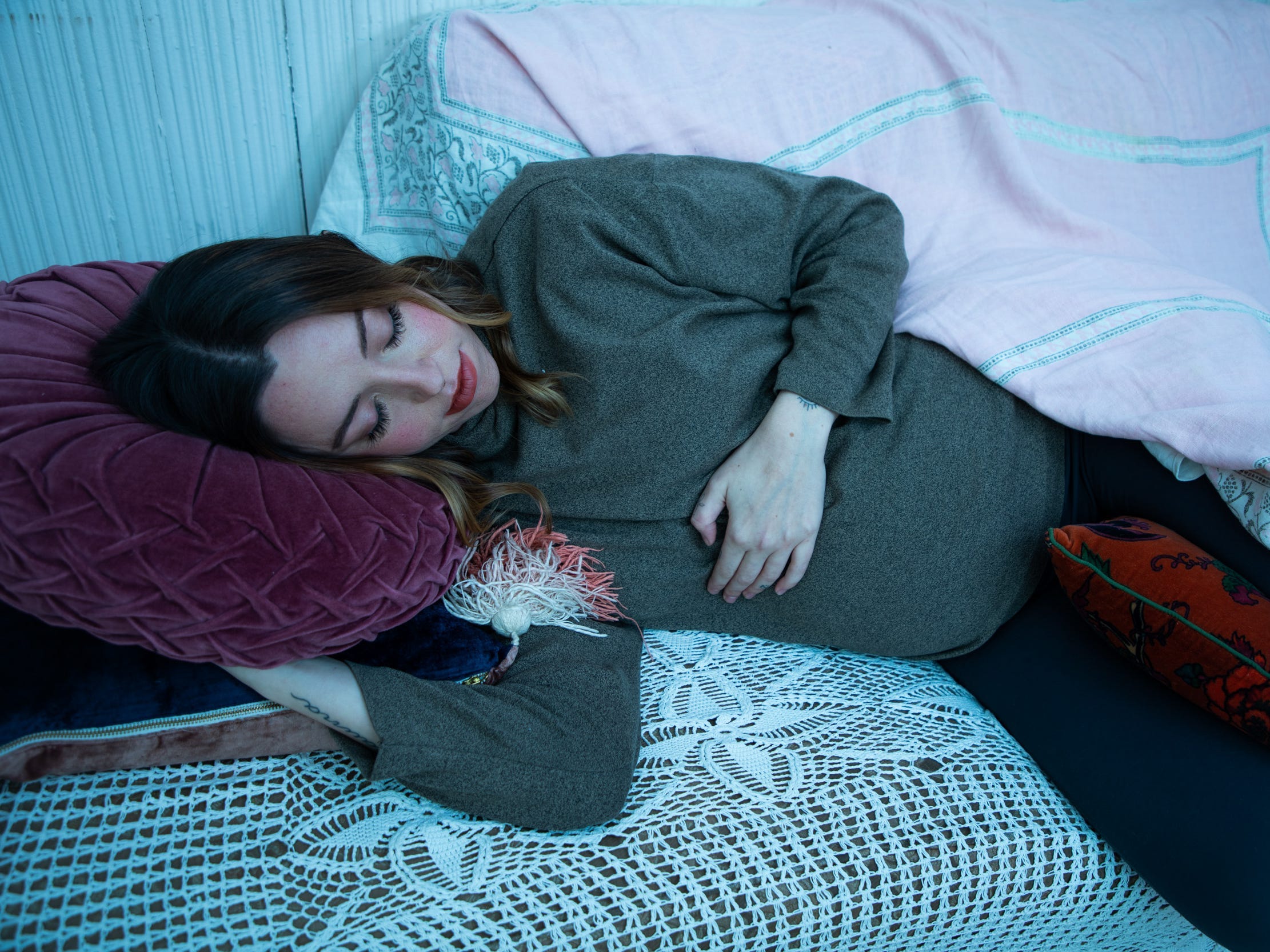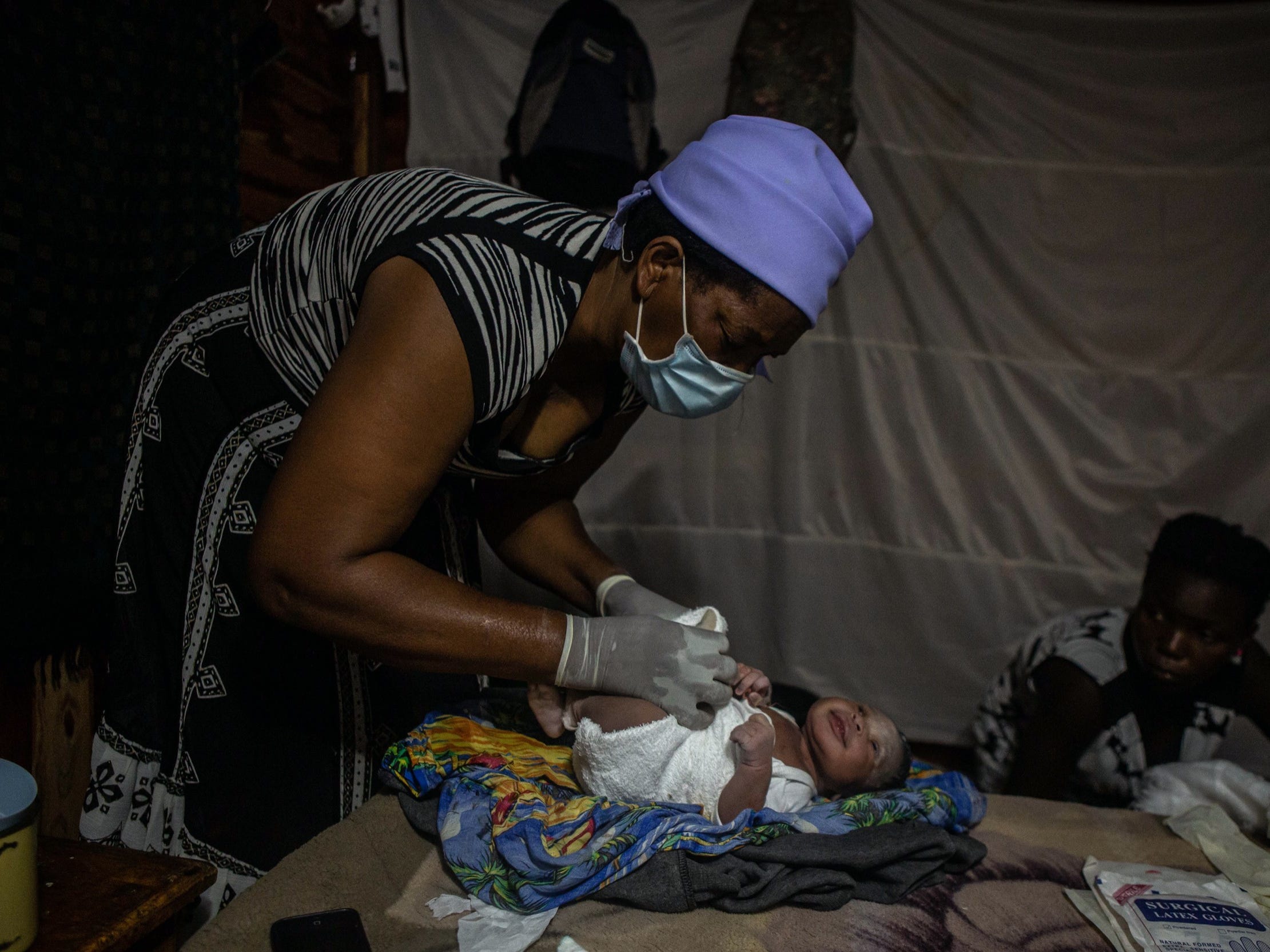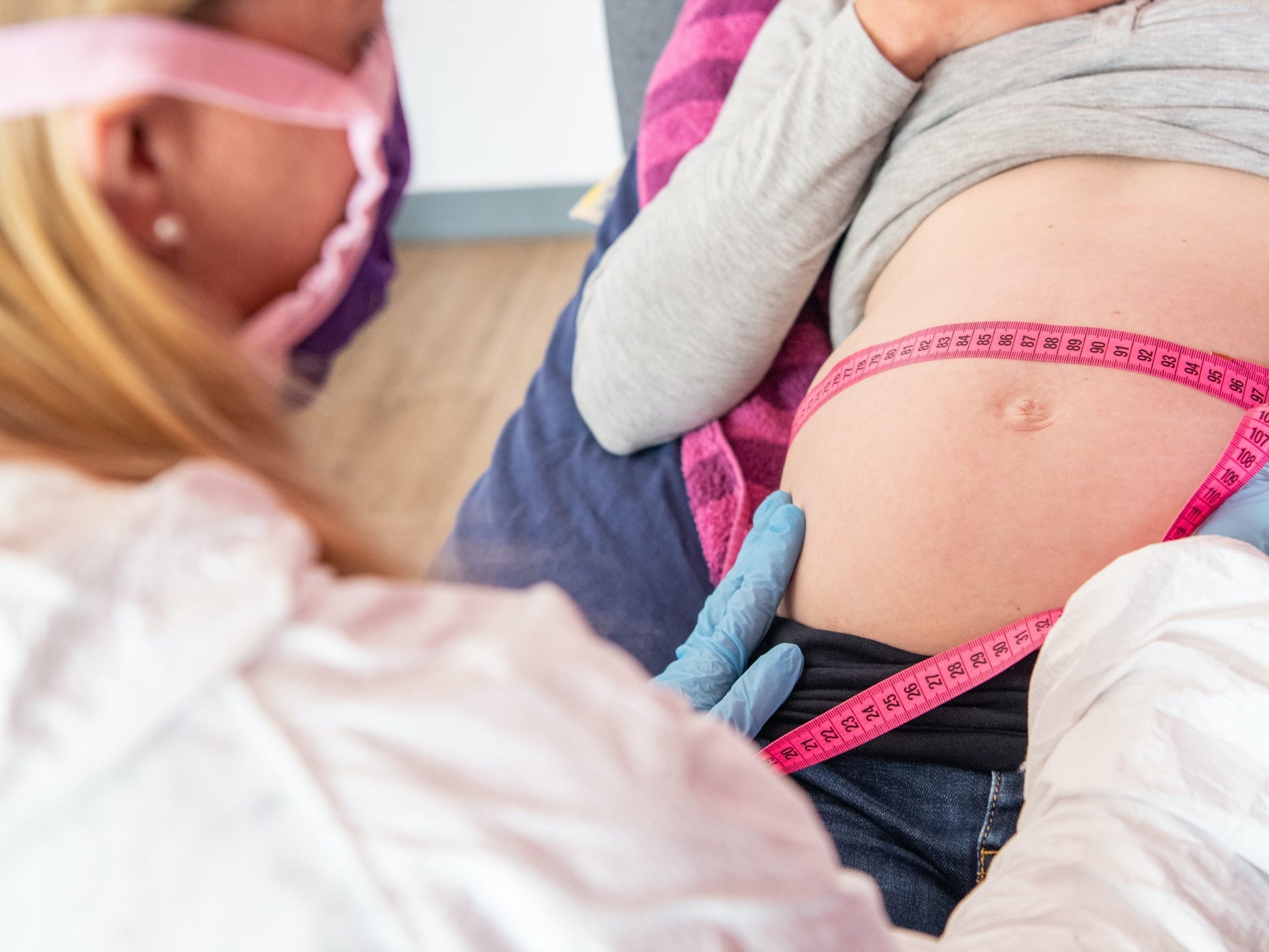
Crystal Cox/Insider
- The world has a shortage of roughly 900,000 midwives, according to a new report.
- The COVID-19 crisis has made the problem worse as midwives leave the profession due to overwork and lack of resources, per the report.
- At the same time, the pandemic has created a renewed interest in home births.
- Visit Insider's homepage for more stories.
The world is facing a shortage of roughly 900,000 midwives, according to a new report, even as interest in home births has been on the rise during the pandemic.
There are about 1.9 million midwives globally, about two-thirds of what is needed, according to the report, which was published this month by the United Nations Population Fund, the World Health Organization, the International Confederation of Midwives, and partners.
The shortage can be linked to gender inequality, as midwifery is a female-dominated profession with a chronic lack of investment from policymakers, per the report. Midwives also face gender-based pay disparities and lack of career growth opportunities, the report found.
In the pandemic, many midwives left the midwife workforce, in some cases because they lacked sufficient personal protective equipment (PPE), according to the report.

Tafadzwa Ufumeli/Getty Images
Midwives not only deliver babies but provide a variety of other sexual and reproductive health services, and antenatal, postpartum, and neonatal care, the report points out.
"It's time for governments to acknowledge the evidence surrounding the life-promoting, life-saving impact of midwife-led care," Dr. Franka Cadée, the president of the International Confederation of Midwives, said in a statement.
A problem magnified by the pandemic
The midwife shortage comes at a time when midwives across the US have reported seeing a spike in demand for out-of-hospital births during the pandemic, Kaia Hubbard recently wrote for US News.
Kate Bauer, executive director of the American Association of Birth Centers, told US News that she'd seen a significant increase in people looking to give birth in freestanding birth centers with home-like facilities.
"There is the fear about going into an acute care facility where COVID patients are also being treated," Bauer told the publication.
On top of that, many hospitals last year banned partners from being present in the delivery room due to concerns about the virus. Even Prince Harry and Meghan Markle have said they're planning a home birth for their daughter at their home in California this summer.

Caroline Seidel/picture alliance via Getty Images
Still, home births are rare in the US, accounting for less than 1% of births, a quarter which are unintended, according to the American College of Obstetricians and Gynecologists.
In the pandemic, midwives have allowed more births to happen away from hospitals - which can become virus hotspots - and helped reduce transmission of the virus among pregnant women and their babies, the midwifery report says.
The report calls for more investment in midwives, estimating that more midwives with better resources could reduce 67% of maternal deaths, 65% of newborn deaths, and 65% of stillbirths.
The pandemic is creating a medical professional crisis
It's not just midwives who are considering leaving their medical fields after over a year of emotional and physical exhaustion wrought by the pandemic.
Nurses, like midwives, have been overworked and faced shortages of PPE and other resources. Many are so burned out that they're considering leaving the profession altogether, as Insider's Sarah Al-Arshani reported.
Nikki Motta, a travel nurse who has worked at hospitals along the east coast for the past year, told Insider's Al-Arshani that she's looking to leave bedside care and go into advanced practice after six years as a nurse. The stress of caring for COVID-19 patients in understaffed hospitals has led to hair loss, she said.
"... The weight was really heavy of what I was doing and I didn't feel like I was doing the job that I initially signed up for, which is to help people and make people feel better," Motta said.
